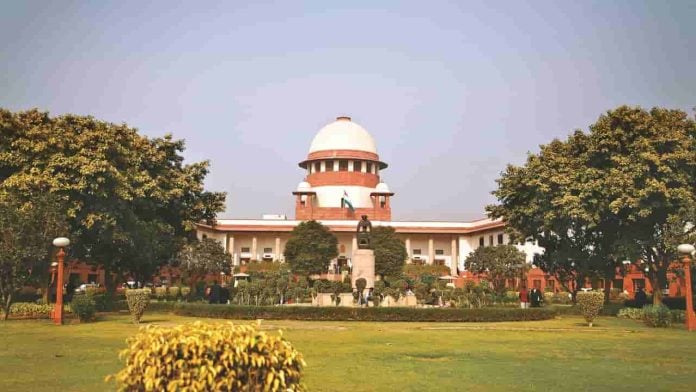The Supreme Court on Tuesday held that no offence could be made out for dishonouring of a cheque, if it was presented for the full amount, without endorsing the part-payment made by the borrower after issuing of the cheque.
The Bench of Justice D.Y. Chandrachud and Justice Hima Kohli observed that the sum shown on the cheque would not be a legally enforceable debt within the meaning of Section 138 of the Negotiable Instruments Act (NI Act), if the same was presented without endorsing the part payment and the said part payment should be endorsed on the cheque under Section 56 of the Act.
Dismissing a petition filed against the Gujarat High Court order of January 12, the Apex Court noted that when the drawer of the cheque has paid the full or part payment since issuing the cheque and before the cheque was presented for encashment, then the amount reflected on the same would not be a legally enforceable debt.
As per the case, a cheque was issued for Rs 20 lakh and after the issuance, the borrower made a part payment of Rs 4,09,315 to the cheque holder. However, the cheque was presented for the full amount of Rs 20 lakh, without endorsing the part payment.
The top court of the country, while observing that the demand notice was also issued for Rs 20 lakh, dismissed the appeal filed against the Gujarat High Court judgement and held that an offence under Section 138 of the Act was not made out against the accused.
The Single Judge Bench of Justice Sonia Gokani of Gujarat High Court had given it’s verdict on January 12 this year, which was upheld by the Supreme Court today.
Case title: Dashratbhai Trikambai Patel versus Hitesh Mahendrabhai Patel & Others


